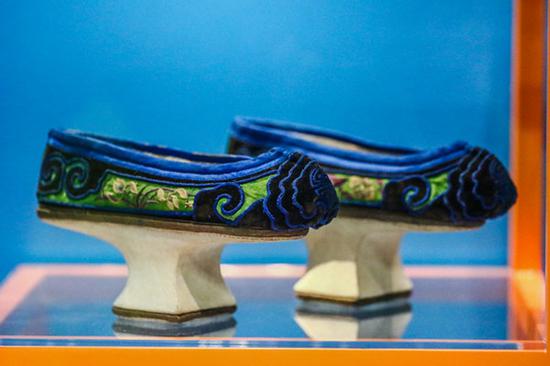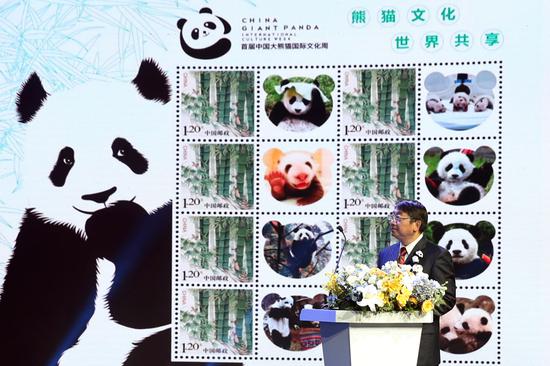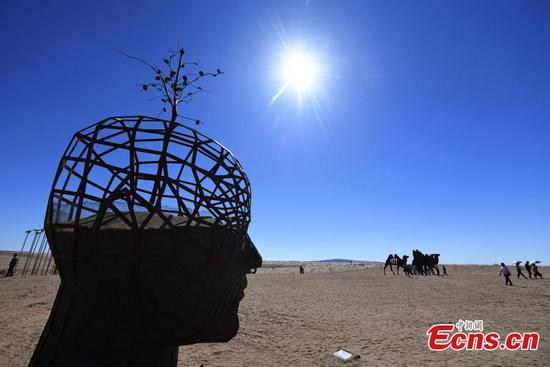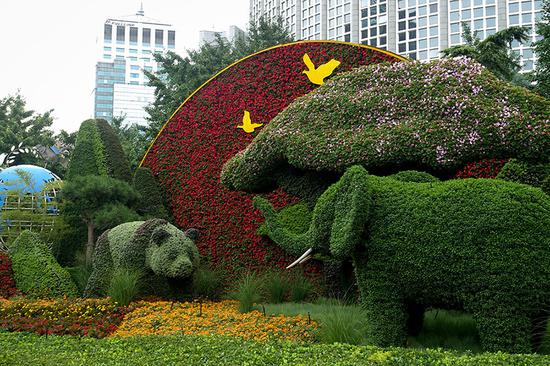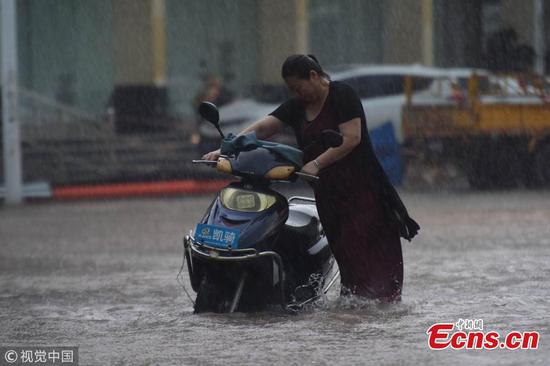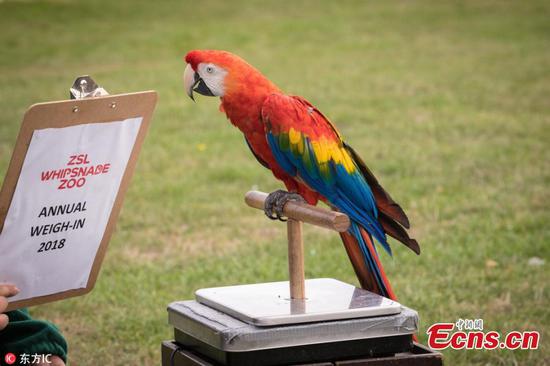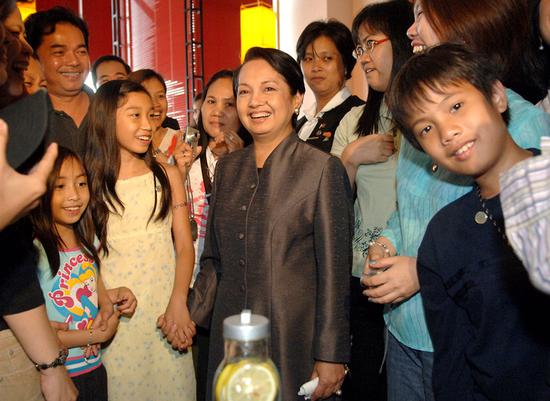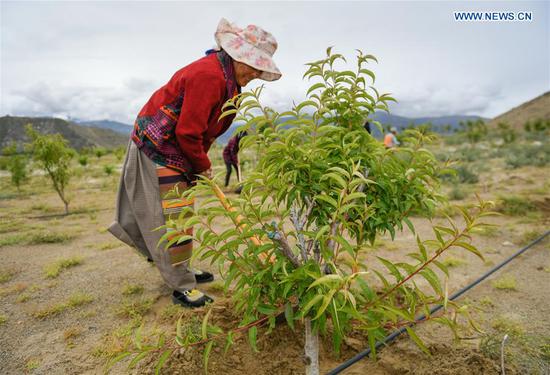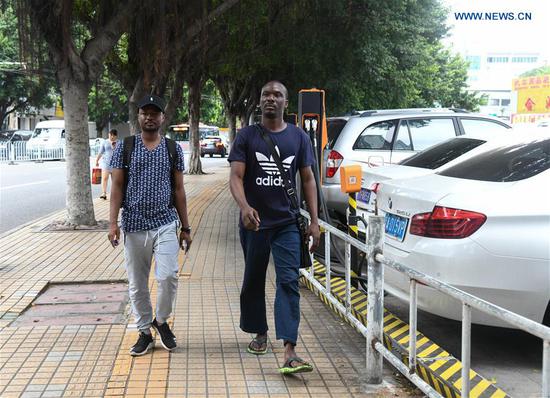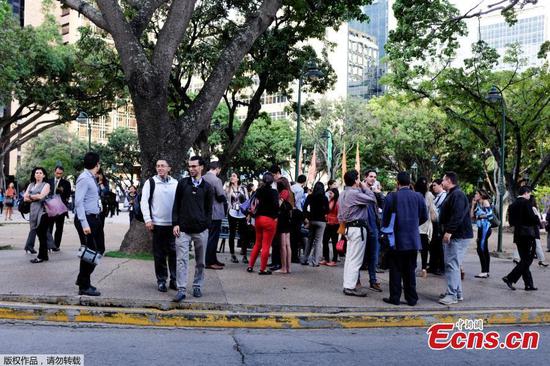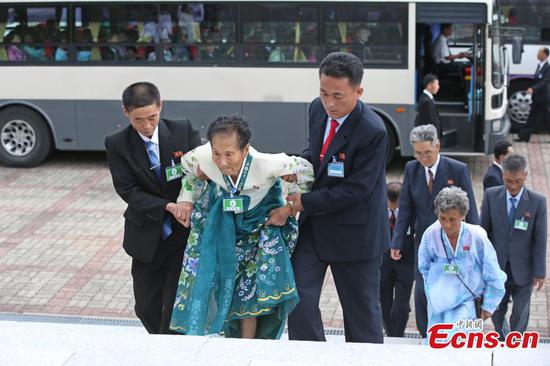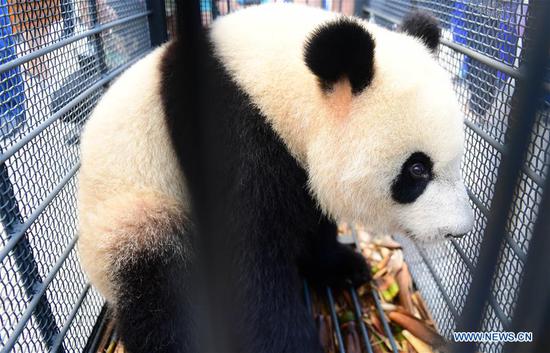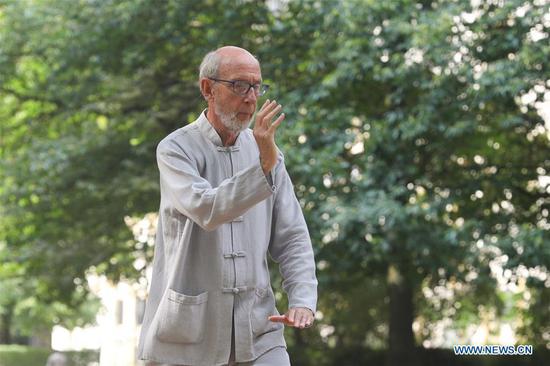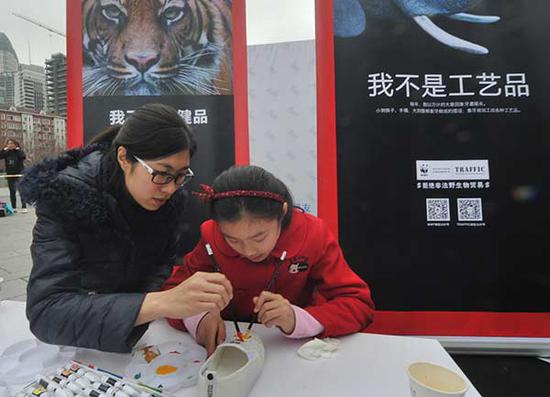
A child attends an Earth Hour activity in Shanghai in March 2016. The event was started in 2007 by the WorldWide Fund for Nature, an environmental NGO. (Photo/China Daily)
Transparency rules coming into force next month will place charitable activities under more public scrutiny by requiring data disclosure, an official at the Ministry of Civil Affairs said on Thursday.
Charities are funded by the public and enjoy favorable policies such as tax exemptions; therefore, they should allow public access to data pertaining to major assets or fundraising activities, according to Li Jian, deputy head of the ministry's department of policies, laws and regulations.
"The new rules will supplement the Charity Law in protecting the rights of parties involved in charitable activities, including donors, volunteers and beneficiaries, and boosting charity development," she said, adding that charities are legally bound to publish authentic and complete data in a timely manner.
Li was speaking at a news conference announcing the regulation, which was first released in July and aims at improving the transparency of charities.
The rules came after the Charity Law took effect in September 2016-a chapter of which is devoted to requirements for regular disclosure of data. But the new rules go a step further by detailing the specifics of what must be disclosed and the punishment for lack of transparency.
Under the rules, data such as annual work reports, financial statements, progress of charity programs and major changes in assets or big transactions should be published via cishan.chinanpo.gov.cn, a disclosure platform authorized by the ministry and available to legal charities free of charge.
Charities are also encouraged to update the data on their own websites.
Charities that qualify for public fundraising are subject to additional transparency rules, including publication of top salaries and updates about program progress at least every three months.
However, data touching on State or business secrets should be withheld, along with information about donors, volunteers and beneficiaries who are reluctant to be made public.
A breach of the rules can lead to punishments including a summons from the ministry and joint punishments from several departments.
Public donations to charities have been climbing in the past few years, reaching 155 billion yuan ($22.6 billion) last year, according to the Annual Report on China's Philanthropy Development 2018.
But fraud involving people who amass money in the name of charity has been undermining the reputation of the sector. Lack of transparency has also led to public concern over what happens to donated funds.
Deng Guosheng, deputy director of the Institute for Philanthropy affiliated with Tsinghua University, said transparency is the cornerstone of the public trust and support that are crucial to the development of charitable affairs.
However, Deng expressed concern about pressure created by too-frequent data disclosure for small and medium-sized charities, because data collection and entry require time and money.
"The requirements set out in laws and regulations should be minimal," he said.










